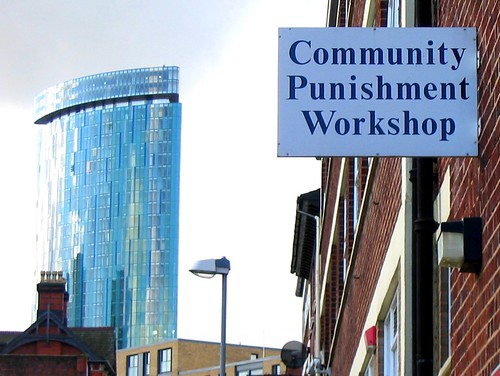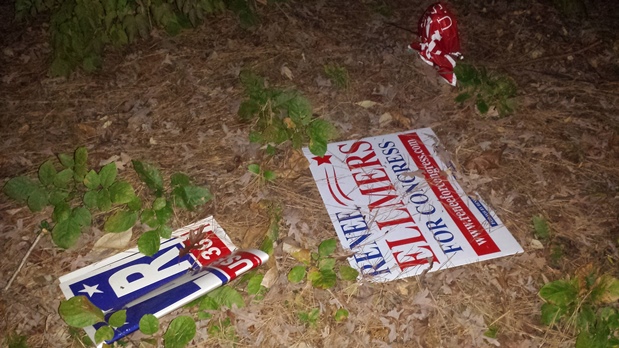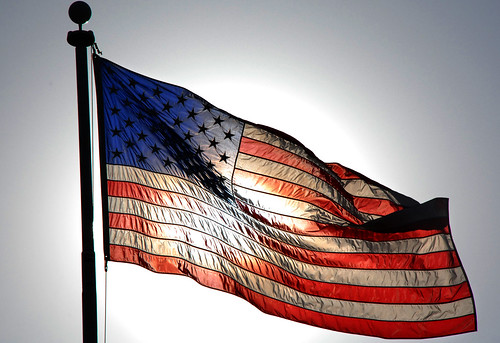If the title isn’t clear enough, and the logo below didn’t show up, I’m referring to voting for the Hugo Awards rather than voting for the Cary Town Council. Being on one ballot was not enough for me!
(In fact, if you want to put me on a third ballot, you can nominate any of my filk songs for a Pegasus Award. Hahaha!)

But, insofar as the Hugo Awards go, the deadline is fast approaching for getting our votes in, as was recently pointed out by perhaps the biggest name in fantasy literature these days, George R.R. Martin.
The deadline is in fact the 31st of July — one day past the deadline for Pegasus nominations, haha! — and if you’re a member of the World SF Convention you should have gotten your Voter Packet and instructions weeks ago. If you’re not a member but you still want to vote, there’s just a little time left for you to purchase a Supporting Membership* and participate in the process.
In the blog post linked above, Mr. Martin noted that so far more than 2300 ballots have been cast. He asks,
Who are all these new Supporting Members? Are they trufans rallying to the defense of one of our field’s oldest and most cherished institutions? Are they Sad Puppies, Rabid Puppies, Happy Kittens, Gamergaters? Are those dreaded SJWs and ASPs and CHORFs turning out by the hundreds and the thousands? Are these the Neo-Nazis and right-wing reactionaries we have been warned of? The truth is… no one knows. We may get a clue when the ballots are opened and counted, but even then, the numbers may well just say, “Answer cloudy, ask again.”
If you’re not familiar with all the lingo in there, count yourself lucky. And if you’re undecided about voting or what to vote for, bear in mind Heinlein’s admonition:
If you are part of a society that votes, then do so. There may be no candidates and no measures you want to vote for … but there are certain to be ones you want to vote against. In case of doubt, vote against. By this rule you will rarely go wrong.
So, vote! Even if you vote against me.
As for that other democratic process, we’ll have more to say in the coming weeks. Stay tuned!
___
*A Supporting Membership costs $40, for which you get electronic copies of several of the nominated works (e.g., Best Novel) with which to make an informed decision.















